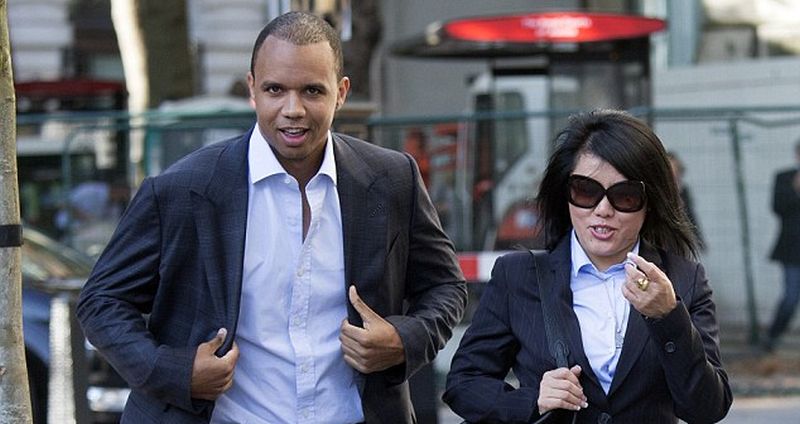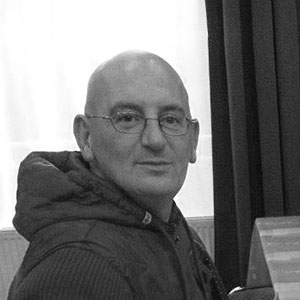Phil Ivey Loses His UK Supreme Court Challenge Over £7.7 Million Winnings
8 years ago
25 Oct
Poker legend Phil Ivey has lost a Supreme Court challenge over his £7.7million Punto Banco win at Crockford’s Casino in London in 2012, five justices upholding an earlier court decision that his actions were in fact ‘cheating’ and describing his play as ‘a carefully planned and executed sting’.
After the judgment was announced Ivey said:
“It is very frustrating that the UK judges have no experience or understanding of casinos . . . or the ongoing battle between casinos and professional gamblers attempting to level the playing field”.
The long-running edge-sorting dispute has seen Ivey lose almost every round of legal proceedings in both the UK and USA, a similar court battle brought by the Borgata Casino in Atlantic City finding in the casino’s favour last year after they had paid out $9.6million Punto Banco winnings to Ivey under similar circumstances.
At the Supreme Court in London today, the five presiding justices ‘unanimously upheld the majority decision of the Court of Appeal, which dismissed his case on the basis that dishonesty was not a necessary element of “cheating”, according to press reports…
In an earlier Court of Appeal ruling, Lady Justice Arden said the Gambling Act 2005 provided that someone may cheat “without dishonesty or intention to deceive: depending on the circumstances it may be enough that he simply interferes with the process of the game”.
In today’s judgment, Lord Hughes stated that:
"It was an essential element of Punto Banco that the game was one of pure chance, with cards delivered entirely at random and unknowable by the punters or the house. What Mr Ivey did was to stage a carefully planned and executed sting. If he had surreptitiously gained access to the shoe and re-arranged the cards physically himself, no-one would begin to doubt that he was cheating,” stated Lord Hughes. “He accomplished exactly the same result through the unwitting but directed actions of the croupier, tricking her into thinking that what she did was irrelevant.”

Ivey and his partner Cheung Yin Sun instructed the dealer to insert the cards back into the deck so that Ivey had an idea of the cards' values in future hands, but that was viewed negatively by the Supreme Court justices, stating that the ‘interference was of such a quality as to constitute cheating’.
Claiming that Ivey took “positive steps to fix the deck” Lord Hughes explained the ruling:
“That, in a game which depends on random delivery of unknown cards, is inevitably cheating. That it was clever and skilful, and must have involved remarkably sharp eyes, cannot alter that truth.”
As reported by the Guardian newspaper, Stephen Parkinson, head of criminal litigation at Kingsley Napley, the law firm that represented Crockfords, said:
“This is one of the most significant decisions in criminal law in a generation. The concept of dishonesty is central to a whole range of offences, including fraud."
The case has made the mainstream media headlines, the BBC reporting president and chief operating officer of Genting UK Paul Willcock as saying :
"This has been a landmark case in how the courts approach cheating in the modern day. This entirely vindicates Genting's decision not to pay Mr Ivey, a decision that was not taken lightly."






Comments
You need to be logged in to post a new comment